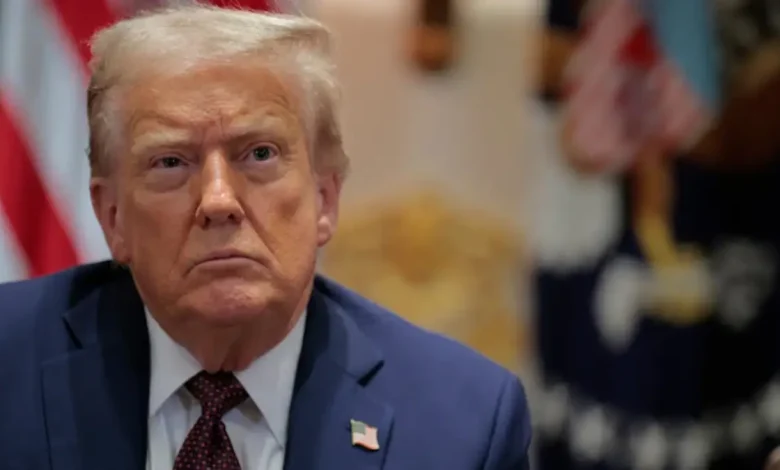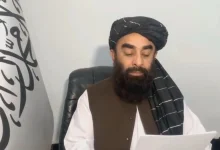Trump announces 100% tariff on drugs, Indian Pharma exports at threat

Washington, DC – In a sweeping escalation of his protectionist agenda, US President Donald Trump has unveiled plans for a 100 percent tariff on imports of branded and patented pharmaceutical products, effective October 1, 2025. The directive, which demands that affected companies commence construction of manufacturing facilities in the United States to qualify for exemptions, poses a significant threat to Indian pharmaceutical exporters heavily reliant on the American market.
Trump detailed the policy in a post on Truth Social, stating: “Starting October 1st, 2025, we will be imposing a 100% Tariff on any branded or patented Pharmaceutical Product, unless a Company IS BUILDING their Pharmaceutical Manufacturing Plant in America. ‘IS BUILDING’ will be defined as, ‘breaking ground’ and/or ‘under construction.’” This measure forms part of a broader tariff offensive, including 50 percent duties on kitchen cabinets, 30 percent on upholstered furniture, and 25 percent on heavy trucks produced abroad.
The truck tariffs, Trump emphasized in another post, target vehicles made outside the US to bolster domestic producers like Peterbilt, Kenworth, Freightliner, and Mack Trucks. He justified the move primarily on national security grounds, noting it addresses vulnerabilities exposed by an earlier Trump administration investigation into truck imports launched this year to assess their impact on US security.
For India, the stakes could not be higher. The United States stands as the premier destination for Indian drug exports, particularly in the realm of cost-effective generic medications. In 2024, India shipped $3.6 billion (₹31,626 crore) worth of pharmaceuticals to the US, followed by $3.7 billion (₹32,505 crore) in the first half of 2025 alone. Major players such as Dr Reddy’s, Sun Pharma, Lupin, and Aurobindo Pharma have thrived on this demand, supplying affordable alternatives that have become staples in American healthcare.
While the tariffs explicitly target branded and patented drugs—arenas largely controlled by global behemoths—analysts warn of potential spillover effects. Complex generics and specialized formulations from India, which straddle the line between innovation and affordability, may invite closer regulatory examination. Compounding the pressure, Indian goods already contend with 50 percent US tariffs, augmented by a 25 percent surcharge tied to India’s ongoing purchases of Russian oil, as highlighted by Trump.
This latest salvo underscores the fragile balance in US-India trade relations, where economic interdependence clashes with America’s drive for self-reliance. As the October deadline looms, Indian industry leaders brace for negotiations and contingency planning, even as the full scope of enforcement remains fluid.




